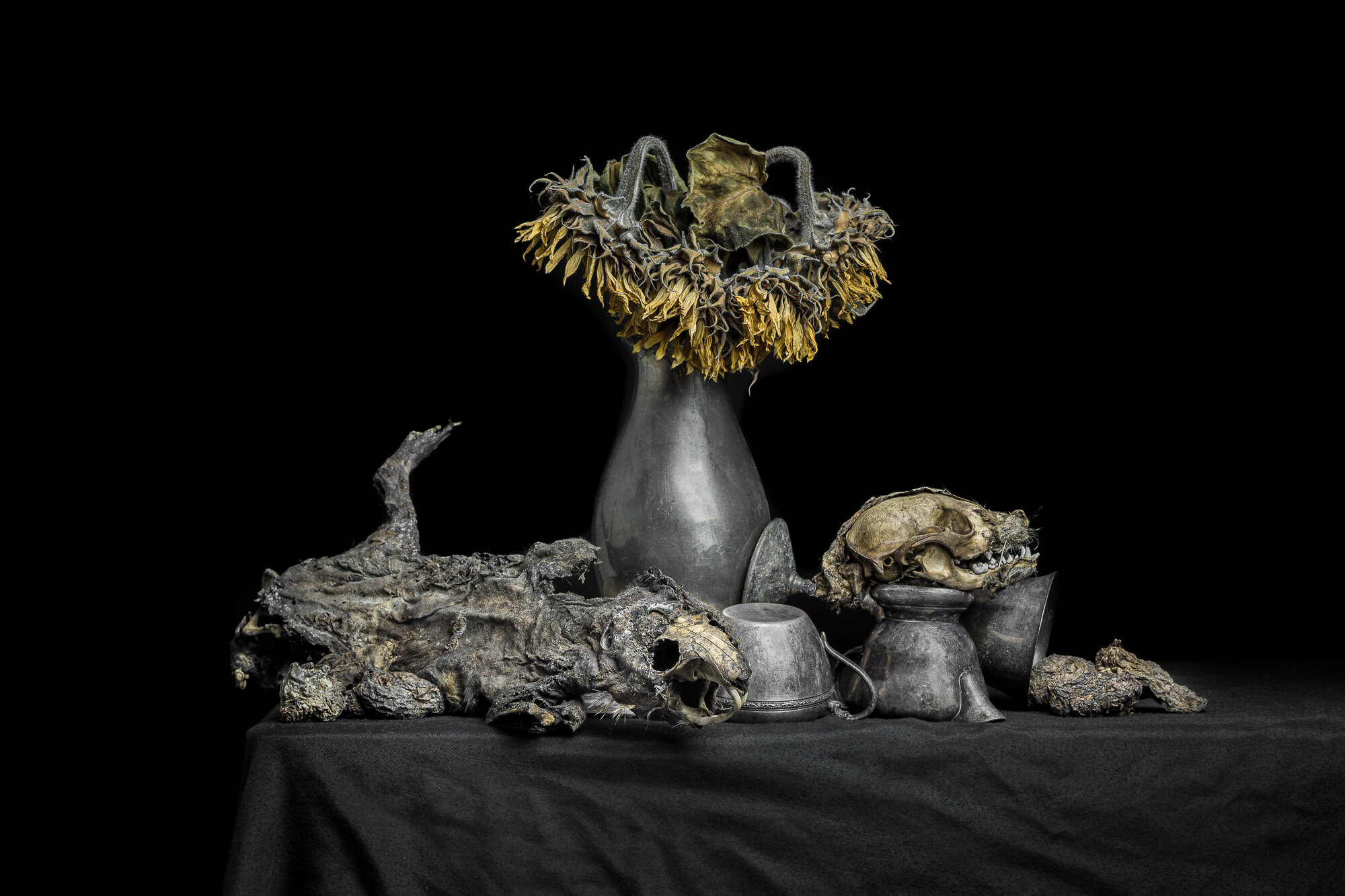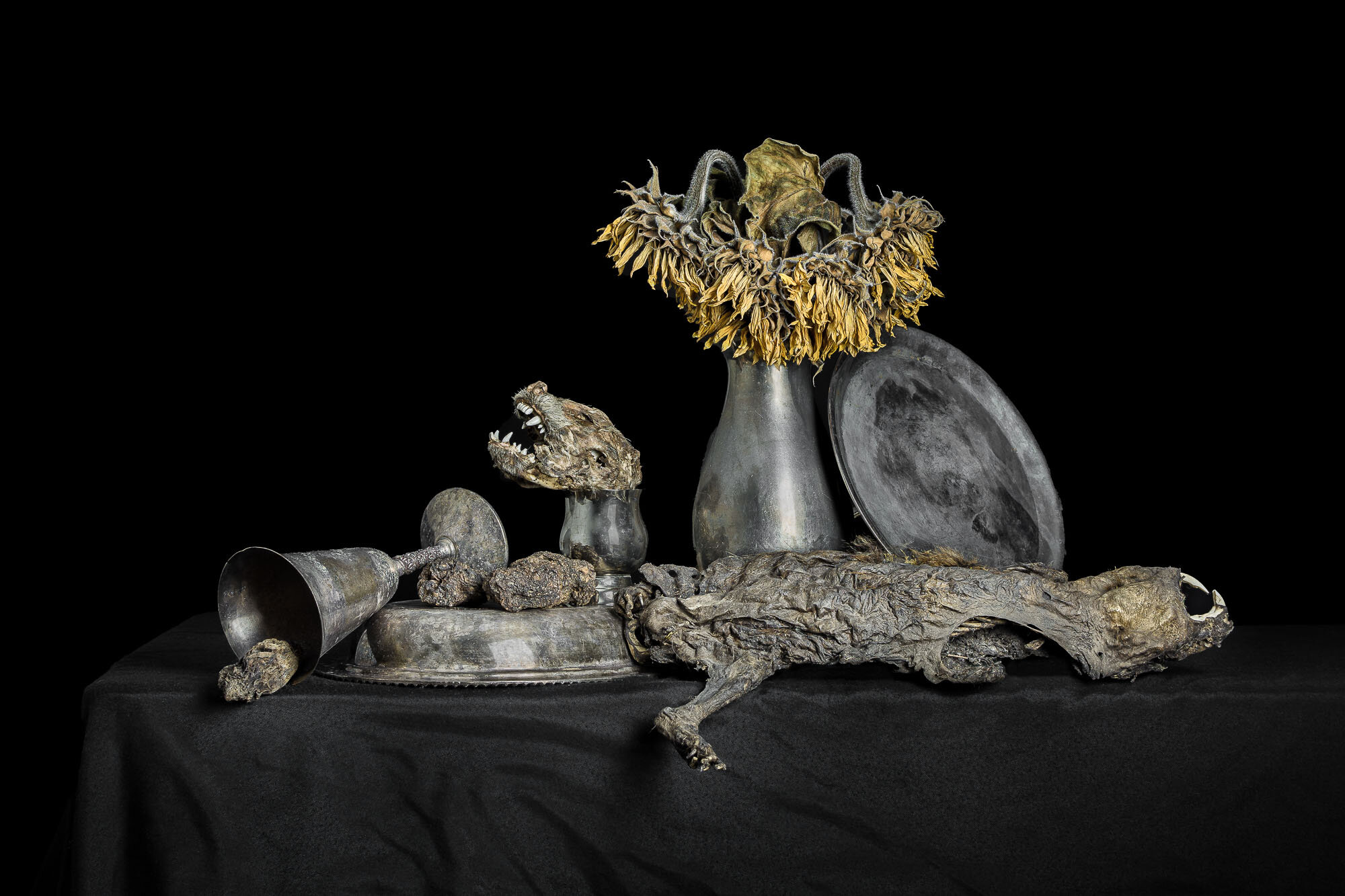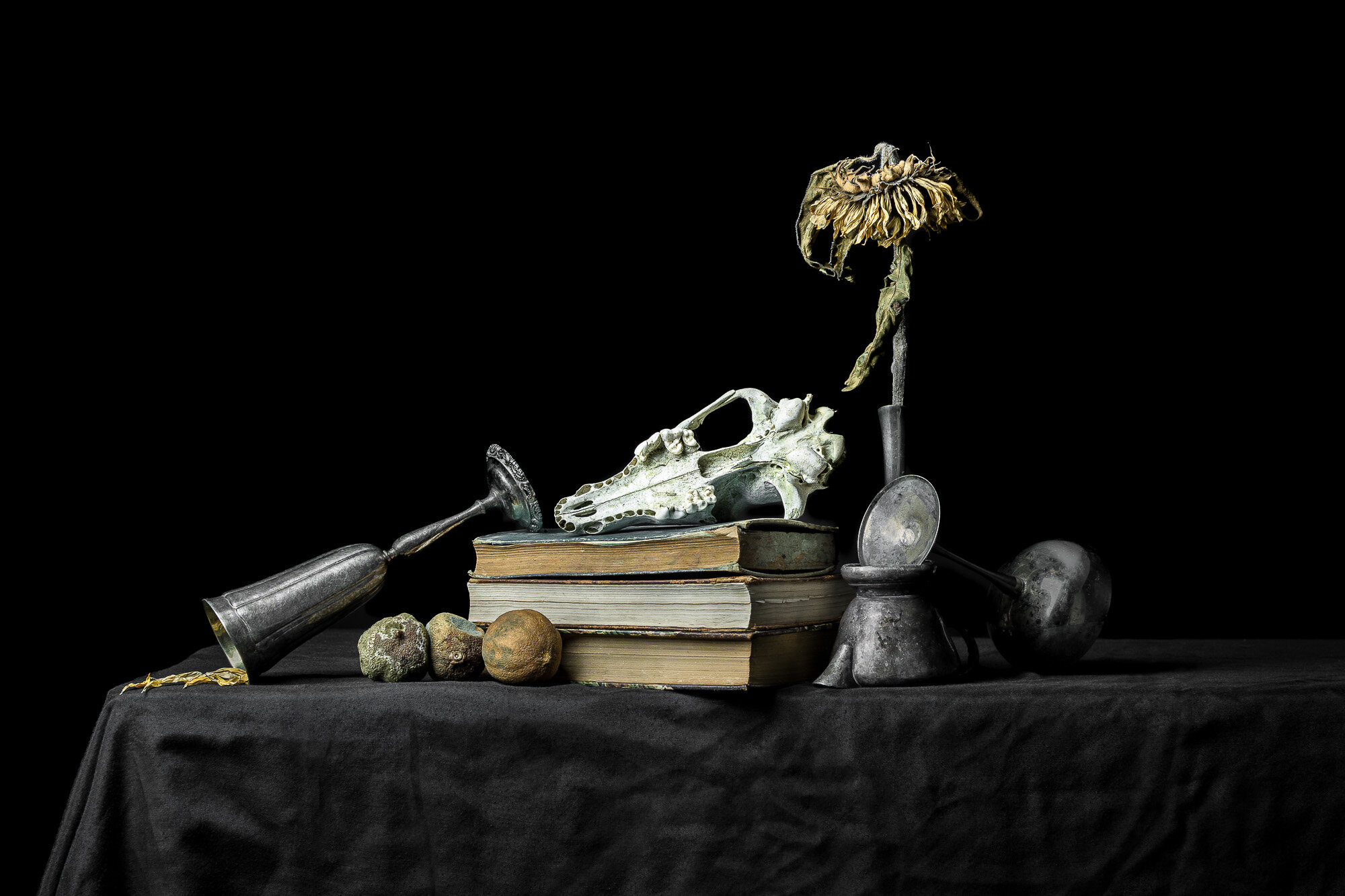Yellowcide
“I created myself, echo and abyss, by thinking. I multiplied myself, by going deeply into myself. The smallest episode–a change of light, the crumpled fall of a dead leaf, the petal that drops off and commits yellowcide, the voice on the other side of the wall or the footsteps of the person behind the voice next to those who should be listening to the voice, the half-open gate to the old estate, the patio that opens with an arch onto the houses heaped up in the moonlight–all these things, which do not belong to me, tie up my sensory meditation with cords of resonance and nostalgia. In each one of these sensations I am someone else, I renew myself painfully in each indefinite impression.
I live on impressions that don’t belong to me, prodigal with renunciations, just another version of myself.”
– Fernando Pessoa
Sadly, I have no idea how this passage reads in the original Portuguese. But I can imagine that it took no small amount of ingenuity on the part of the translator to arrive at the usage of the term “yellowcide” to describe the fall of a withering flower petal.
This series of images–centred around a bouquet of sunflowers that has been committing a yellowcide in slow motion–never fails to remind me of this quotation from Pessoa’s wonderful Book of Disquiet. There is something about Pessoa’s compendium of dull days and sad epiphanies that seems to perfectly embody the spirit of still life. Still life is an art that seeks to render grand tragedy from the contents of the breakfast table, that finds transcendent beauty and precipitous sadness in those quotidian reminders of mortality that all-too-often escape our attention–dying flowers and rotting fruit and shattered glassware.
Here, in this series, the sunflowers’ yellowcide is enhanced by its pairing with another quotidian tragedy: the remains of a few woodland critters. The raccoon head was scavenged from a vacant lot some time ago, not far from where a homeless man had temporarily set up camp. The skull–once belonging to some unidentified animal–was gifted to me by a friend, scavenged from the woods near her property. The muskrat was found in similar conditions and that sad beast now is wonderfully preserved by the elements, frozen eternally in the strange, contorted, posture of death, its head twisted unnaturally backwards, as though the thing, in death, sought to turn its empty gaze to the heavens.
Vanitas with Skull and Books


